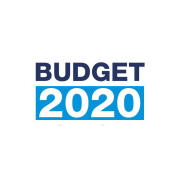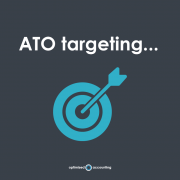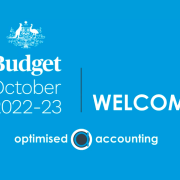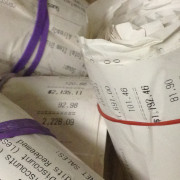
For the past couple of years, you may have gotten used to your tax either costing less than you remember, or your refund being more generous. More money for you to spend on necessities, or an extra treat for the holidays.
But that won’t be the case this year.
Watch our video below where Shaun Farrugia explains why in a couple minutes:
Since 2018, whether you noticed it or not, you had a tax offset. So long as you were earning somewhere below $126k a year, you would’ve received, dollar for dollar, up to $1500. Considering especially the development of COVID in 2020, this would’ve come as a significant relief to a majority of households.
This was the Low and Middle Income Offset (LMITO), which neither the Liberal nor current Labor government will be continuing. The end date was in June of 2022, last year, which means that this year, you will have a bigger dent in your wallet.
If you’re completing your own tax return, or approaching an accountant, it’s got nothing to do with wrong numbers or a mistyped calculator button. Unfortunately, none of us have any control over this change.
How can I prepare for a worse tax return?
As accountants, we understand that dealing with another financial setback, besides inflation, is adding more stress to the pile.
While we can’t completely circumvent this change, there’s a few ways you can mitigate the thousand-dollar gap:
1. Put aside savings every month
If you’re not already doing so, put aside a portion of your income right after you receive your pay-check into a separate savings account. Or, give it an extra boost in anticipation of unexpected costs.
Even with only a few months left before the end of the financial year, every dollar will give you a support buffer.
2. Review your budget
Paying over five different monthly payments to various entertainment or long-forgotten services? Review your debits and expenses, and cut what you can do without. This isn’t just effective for this financial year, but considering LMITO won’t be returning regardless how inflation turns out, you may have less to work with overall in the coming years.
3. Consider tax-efficient investments
Growing your superannuation will push down the amount you owe the tax office. Consider making voluntary contributions within your means, particularly if you’re on the edge of a tax bracket and can dip below it.
4. Turn to a professional
You don’t have to navigate these rough waters on your own. There are a variety of financial professionals who can give you pointers and advice:
– Tax advisors know how to navigate all the current tax laws and assist you with planning and compliance.
– Accountants are also up-to-date with all tax requirements, but they can also help look through your figures and lodge your tax return for you.
– Financial planners take into account your overall situation and will provide you with advice on how to proceed from a big-picture perspective.
If you run into a steep debt, call the National Debt Helpline at 1800 007 007, who can give you confidential and free, un-biased advice on how to manage your debt, or other financial difficulty.
And if you’re a business, you may notice a quieter stream of income.
You already knew the news that would affect your business
We make sure what you need to know is in your inbox before it becomes urgent. Subscribe to our newsletter to be ahead of the curve:










